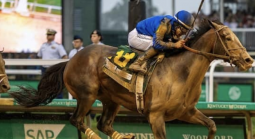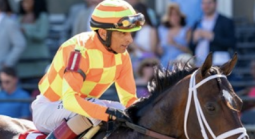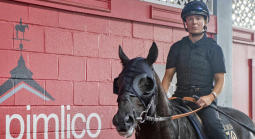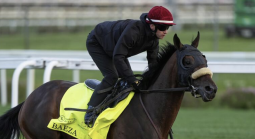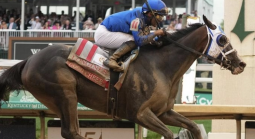Real Money casino gambling with a heavy emphasis on the revenue generated from slot machines were once heralded as the saviors for the struggling horse racing and horse breeding industry in states offering live horse betting at their race tracks. The addition of brick-and-mortar casinos in conjunction with existing horse racing venues has helped to inject some life and some sorely needed funds in many cases across the US real money gambling industry. However, there have also been some heated disputes among the parties involved in this expansion along the way.
In a recent post on PlaySlots4RealMoney.com, an ongoing dispute between Calder Race Course and thoroughbred breeders and trainers over that track’s slot machine license was examined in closer detail. It all stemmed from Calder’s decision to tear down its grandstand that serves as a viewing platform for live horse race betting. Local horse breeders and trainers have accused state gambling regulators of stepping outside the state law by allowing the track to keep its highly profitable slot-machine license in the absence of the grandstand. They are trying to force the issue by forcing Calder to build a new stadium-like structure to replace the dilapidated seating it decided to eliminate from the facility about two years ago. According to this report, this current issue is an example of the growing riff between the greyhound industry for dog racing and the horse industry for thoroughbred racing against the racetrack owners and operators. The latter group in this dispute have gone on record as being in favor of eliminating live racing altogether. They want to focus their financial resources on growing the much more profitable real money gambling activities such as slot machines and video poker.
The report refers to this process as “decoupling.” It goes on to add that last year the Florida’s Horsemen’s Benevolent and Protective Association filed a complaint against Florida’s state gambling regulators over this very matter. This action followed the decision to renew a slots license for the Miami Gardens casino by the Division of Pari-Mutuel Wagering. Current Florida law states that slot machine gaming areas must be “contiguous and connected to the live gaming facility.” The complaint on the books points out that the renewal of Calder’s slot machine license violates this law once the viewing grandstand was torn down. It refers to this situation as an “unadopted rule.” The horse industry is looking for some common ground that would allow anyone in the facility to view live races. The hope is that people gambling on the slot machines would also be inclined to bet on the live horse races as well.
Going back to 2010 when Calder Race Course first added real money slot machines to its live horse racing, the two facilities were connected and in compliance with state law. However, once the 400,000 square foot grandstand was raised in 2016, the only connection between the two is a partially covered sidewalk. Both sides in the matter continue to disagree how this new setup should be viewed in light of state law and the reports adds that there is no indication on how the judge may rule in this case.










